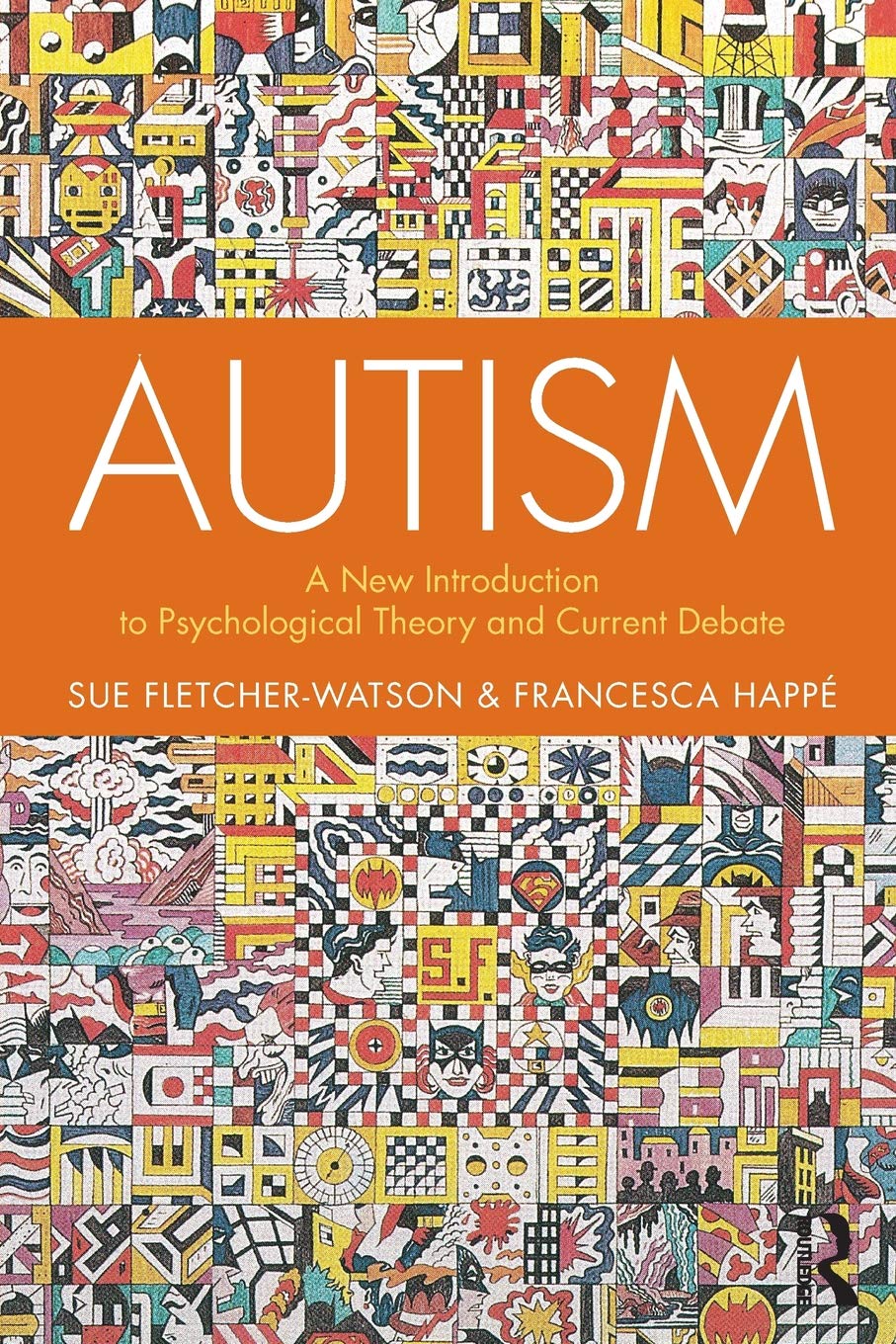The natural sciences have enjoyed an immense progress and there is no reason to doubt their accomplishments, but eventually one has to engage with the fundamental epistemological questions, and when doing so, Lange argued, one will come to the realization that the realism of the materialists is mistaken. The physiological investigation of our sense organs might seem to offer a thoroughly materialist account of knowledge acquisition, but in truth it undermines our belief in material, self-subsistent, objects, which is why materialism, when thought through sufficiently radically, reveals itself as a form of idealism.
Dan Zahavi, »Brain, Mind, World: Predictive Coding, Neo-Kantianism, and Transcendental Idealism,« Husserl Studies 34 (2018): 34, https://doi.org/10.1007/s10743-017-9218-z .
